Longtime Savior member Barbara Walker passed away on August 25, 2022. Despite difficult life circumstances she discovered God’s faithfulness and his restoration of her life. Below is an excerpt from her book, God Has Been Faithful, reprinted by permission.
Beauty for Ashes: My Testimony
2009
I was the firstborn of two and grew up in Oak Park, Illinois. I attended the Methodist Church every Sunday with my mother but had a father with a traveling job who wanted to relax on Sunday and attended with us only on Easter and Christmas. His “church” was training for seven years to become a worshipful master of his Blue Lodge in Freemasonry.
After confirmation I asked Mom for permission to attend where my friends were, so for high school and college I was a Presbyterian. Then I married a Lutheran. We had three children and ten happy years. He also was a traveling man and died on the road at age thirty-five. I was thirty-three and devastated.
I went back to teaching elementary school, working on graduate hours and raising the children. Five years later I married again and moved with my ten-, twelve-, and fourteen-year-olds to Minnesota. I learned within six months that the marriage was abusive physically and mentally and that he was not interested in my children. I wanted a father for them.
Within two years I lost my best friend--my mom– to cancer, twenty days after my firstborn son died in a suicide at age sixteen. At this double loss I was totally broken and turned to Jesus for salvation at age forty. I was the first Christian in my family. I was saved by the side of my bed on October 26, 1972, and received the Shekinah light for one and a half days and knew I had been in his presence. I received the baptism of the Holy Spirit a year later on my knees in my kitchen after hearing Father Dennis Bennett speak in the Episcopal church.
I was saved two years into the misogynistic marriage and remained for fourteen more. After discovering his pornography, infidelities, and sexual addiction in 1984, there were three interventions over the following two years. John admitted his need and agreed to get help but would not, and the separation began. Five years later there was a divorce. My daughter led him in the sinner’s prayer before he died a few months later.
I worked for the Lord for seven years, aglow with the awe of salvation. But in 1979 came my Tarsus or wilderness journey for ten to thirteen years. My life was falling apart. I was being stripped to my foundation. I discovered in me a dysfunctional codependent, a bent creature, in whom lies no good thing. I didn’t know who I was. I found a compliance that had to be transformed into courage and boldness–and fear of authority and intimidation that melted as I discovered who I was in Christ and Whose I was. I had to learn to be assertive and to walk in the authority and wield that power of the Lord Jesus Christ where He has given us dominion.
I also had to get into my heart the scriptures we as biblical counselors are so often called upon to use with people in difficult circumstances or without hope. Practically, I am walking this out with small group work: Bible studies here at Windsor Park; with people from my church in our home; prayer groups; government prayer at Windsor Park; discipling of individuals; and lastly, but part of my call, walking alongside Jewish people.
I believe I am called to edify, to encourage, and to exhort with His truth, to speak a healing word, a discerning work. I believe in passing on to others the exciting adventure of journeying to wholeness in Christ Jesus and demonstrating his life to others by the power of the Holy Spirit.
God has been faithful!





